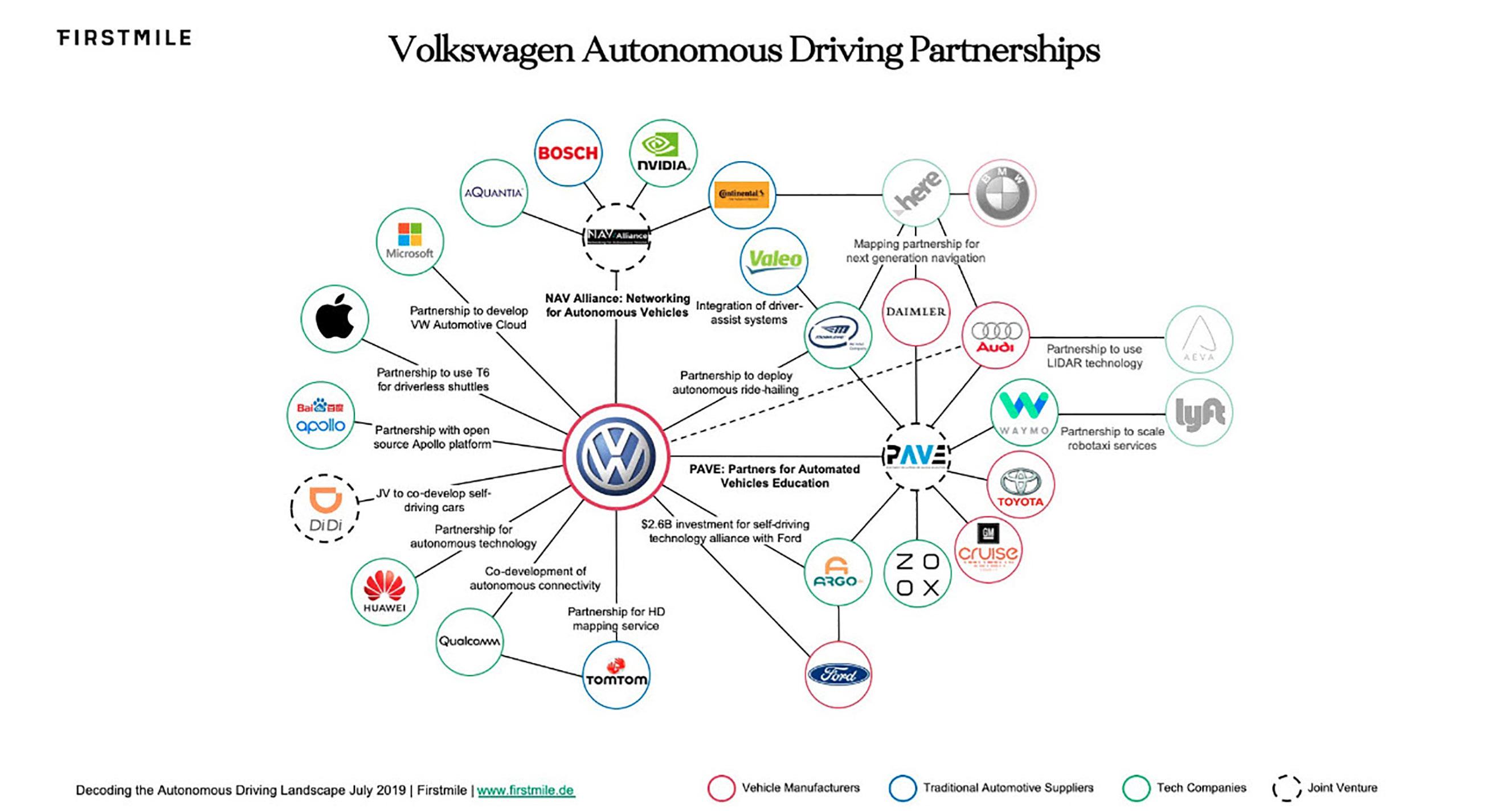BI MARKETING MAGAZINE 2020
3 keys for successful strategic alliances in volatile times Few can afford to go it alone in today’s markets. Partnerships, including strategic alliances and joint ventures, provide great flexibility for companies when adapting to disruptions or crises that require fast responses.
Unanticipated shocks (e.g. global pandemics), or paradigm shifts (e.g. disruptive technologies) leave no time for companies to acquire resources on their own and even make it riskier to do so. Entering into a strategic alliance is a fast and flexible way to access complementary resources – assets and skills – that reside in other companies instead of outright acquisitions. It is a less costly and less risky option. Increasingly, CEOs prefer alliances to acquisitions to expand their company’s product, geographic, and customer reach. By looking at some of the industries that are leading in this field, it is easier to grasp why these collaborations can be mutually beneficial for partners.
20
FROM SELF-DRIVING CARS TO VACCINES Given the game-changing disruption that is on the horizon for them, it is hardly a surprise that the automotive industry has seen a surge of alliances. Self-driving technology, electrification and connectivity are the main trends driving the change in this industry. Car ownership is expected to become obsolete and replaced by car-sharing services and platforms. In the very near future, autonomous electric vehicles will drive us around and we will say goodbye to our old gas-powered cars. Ordered something? A self-driving car will deliver it. Companies like VW are pouring billions of dollars into
research to get ahead of the competition in this market with vast opportunities. They need innovative software and hardware solutions. To overcome the challenges of developing complex autonomous driving technology, these companies form extensive partnerships with competitors and tech companies to gain access to know-how and new technology. VW has an extensive portfolio of alliances with companies such as Ford, Daimler, Microsoft, Apple, TomTom, Huawei, and various smaller, specialized tech companies for projects ranging from boosting their autonomous driving technology, automotive cloud, mapping services to autonomous connectivity.
TUBA YILMAZ, Assistant Professor, Department of Marketing
Pharmaceutical and biotech companies have also been setting the pace for alliances for a long time. The race to combat COVID-19 has led to multiple global alliances and company partnerships between companies across the two industries. These partnerships are key for developing and manufacturing effective vaccines and treatments.
SUCCESS FACTORS FOR ALLIANCES FACING CHANGING MARKET CONDITIONS Based on research into strategic alliances and joint ventures, we have three tips for companies interested in ensuring mutually rewarding partnerships: • Define partner roles, but make sure they are adjustable Collaborations can be extra-












